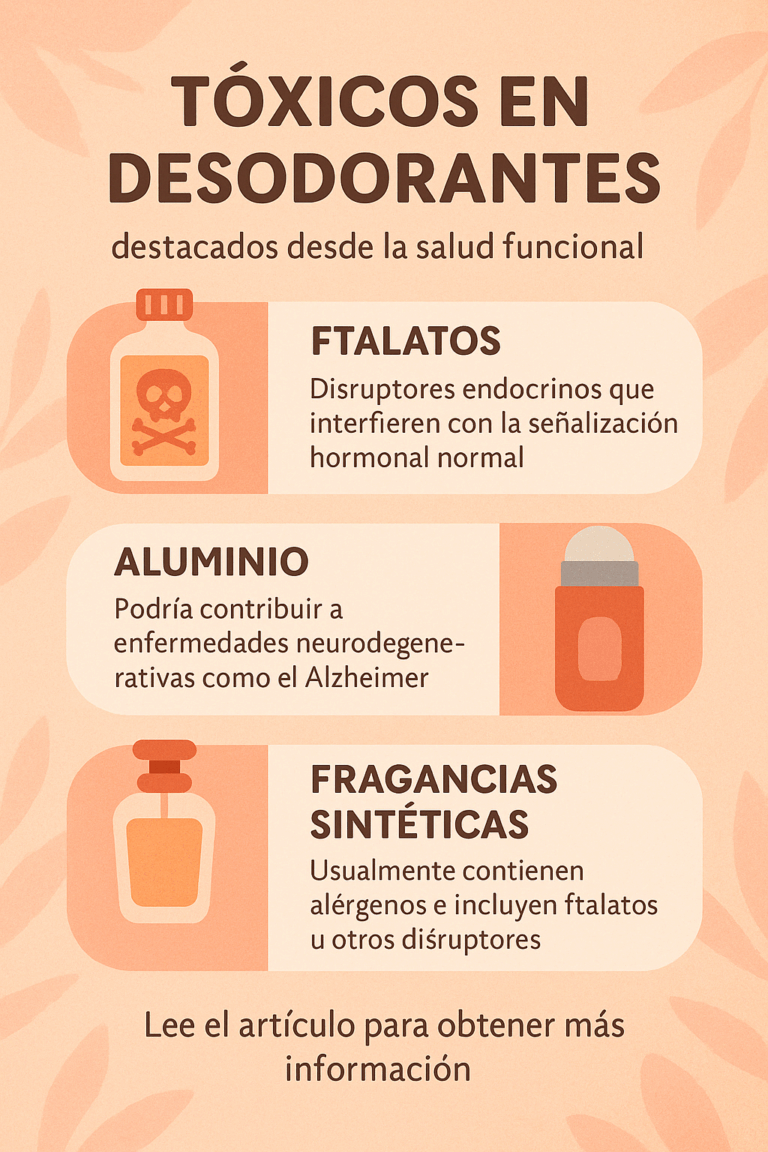Call us now:
USA News: Innovative Brain Health Solutions Amid Bird Flu Outbreak in Washington State Sanctuary
Welcome to the USA news section, today we want to talk about Innovative Brain Health Solutions Amid Bird Flu Outbreak in Washington State Sanctuary
A recent outbreak of bird flu (highly pathogenic avian influenza) at a Washington State animal sanctuary has led to the tragic deaths of 20 exotic cats, including a Bengal tiger, cougars, a lynx, and bobcats.
As reported by the sanctuary’s director, these feline casualties highlight not only the virus’s capacity to spread across various species, but also the pressing need to address the mental well-being of communities grappling with fear and uncertainty.
In this article, we’ll explore how outbreaks like this can heighten anxiety and stress, and provide practical solutions for safeguarding your brain health and emotional resilience.
The incident at the Wild Felid Advocacy Center is especially sobering when considered alongside the broader spread of bird flu across the nation, infecting poultry, dairy herds, and even domestic pets.
Understanding the intersection between disease outbreaks and mental health can help communities brace for challenges and foster holistic wellness.
1. The Intersection of Infectious Outbreaks and Mental Health
The Centers for Disease Control and Prevention (CDC) has documented how major health crises—from pandemics to localized outbreaks—can trigger elevated levels of stress and anxiety.
The ongoing bird flu situation in Washington mirrors that reality, as community members worry not only about the safety of their own pets, but also about the spread of the virus to humans or other animals.
While health authorities stress that the risk to humans remains relatively low, persistent media coverage can nonetheless heighten public fear.
Moreover, daily disruptions—quarantined animals, changes in local farm practices, and repeated warnings—can compound emotional distress.
1.1 Managing Fear During Disease Outbreaks
Proactive mental-health measures can alleviate these negative feelings:
- Stay Informed, Not Overloaded: Reserve limited times to follow news updates, and stick to reputable sources.
- Maintain Routines: Even simple habits, like regular mealtimes or daily walks, provide structure that counters uncertainty.
- Seek Professional Guidance: If anxiety becomes unmanageable, consider reaching out to mental health experts.
2. Bird Flu’s Latest Casualty: A Wake-Up Call
As the bird flu continues to spread among US poultry flocks and dairy herds, the sorrowful demise of these large cats has shed light on the virus’s potential to jump species barriers.
Across the country, a growing number of pet owners are also on high alert following related cases.
For instance, an Oregon house cat died after reportedly consuming pet food contaminated with H5N1, prompting recalls of certain raw frozen products.
These incidents underscore a sobering reality: the virus can lurk in unexpected corners, introducing new stressors into an already anxious public sphere.
2.1 Mental Health Consequences of Pandemic Fears
Living under the shadow of any epidemic or outbreak can quickly take a toll on emotional well-being.
Anxiety over health outcomes, social isolation due to quarantines, and shifts in daily routines are just a few ways outbreaks disrupt mental health.
Recognizing these stressors and taking steps to navigate them effectively is crucial.
3. What Is the Best Way to Manage Stress?
Protecting brain health in times of crisis requires a multifaceted approach.
Below are strategies to help steady your mind and restore emotional balance:
- Mindfulness Practices: Incorporate meditation, breathing exercises, or yoga to calm the mind and reduce stress hormones like cortisol.
- Physical Activity: Regular movement—whether brisk walks or structured workouts—releases endorphins, which combat anxiety and promote well-being.
- Limit Negative Inputs: Constant exposure to alarmist headlines intensifies fear. Consider scheduling specific times to get updates instead of consuming them continuously.
- Set Healthy Boundaries: With remote work or changed schedules, it’s easy to mix personal life and stress triggers. Create designated stress-free zones or times during the day.
4. The Importance of Strategic Planning for Mental Health
When entire communities face potential health threats, strategic planning becomes indispensable for maintaining mental wellness.
This means preparing for emotional ups and downs as much as we prepare for the physical spread of the disease.
4.1 Developing a Personal Brand for Your Well-Being
Turning mental health into a daily priority can be as simple as:
- Building Support Networks: Identify trusted friends, family members, or professionals you can lean on for emotional support.
- Setting Personal Goals: Whether dedicating 10 minutes a day to quiet reflection or establishing an exercise routine, consistent habits fortify resilience.
- Communicating Needs: Share concerns openly with those around you. Transparency fosters connection and mutual understanding.
By “branding” yourself as someone committed to emotional self-care, you reinforce the concept that mental health is an essential piece of overall well-being.
5. Love, Freedom, and Society: Pillars of Happiness
The CDC consistently points to strong social connections as a critical defense against stress and depression.
Community relationships grounded in mutual understanding and compassion can form a supportive safety net—particularly relevant in uncertain times like these.
5.1 How Can I Avoid Anxiety?
While no one can fully eliminate fear, certain lifestyle adjustments help keep it in check:
- Prioritize Relationships: Make regular contact with loved ones—via phone calls, video chats, or small gatherings if safe and feasible.
- Find Purpose: Volunteer for local initiatives or channel your energies into meaningful projects, reinforcing a sense of purpose.
- Create Stability: Establish weekly rituals—group dinners, online meetups, or journaling sessions—to maintain a sense of continuity.
6. The Role of Meditation in Enhancing Brain Health
Numerous studies highlight meditation as a potent tool for bolstering brain function and managing stress.
Among its many benefits:
- Strengthening the Prefrontal Cortex: Enhances self-control, strategic thinking, and emotional regulation.
- Decreasing Activity in the Amygdala: Reduces fear and anxiety responses, promoting calm.
- Improving Attention and Cognitive Abilities: Enhances focus, memory, and creative problem-solving.
Even short, daily sessions can help individuals find clarity amid the uncertainty that accompanies outbreaks like bird flu. Meditation fosters resilience, making it easier to navigate shifting circumstances while preserving mental equilibrium.
7. Community Health Initiatives and Resources
During an outbreak, individual efforts to stay healthy merge with collective strategies aimed at keeping the community safe.
In response to bird flu’s spread—and the stress it brings—public health organizations are strengthening their mental health offerings.
Individuals can leverage:
- Telehealth and Online Therapy: Access mental health professionals without leaving home.
- Local Support Groups: Both in-person (where safe) and online gatherings can foster peer support.
- Workplace Wellness Programs: More employers are realizing the benefits of supporting mental well-being through flexible schedules or counseling services.
By uniting communal resources with personal coping mechanisms, residents can face the bird flu outbreak armed with knowledge, confidence, and emotional fortitude.
8. Make the Move Toward Integrative Health
While the loss of big cats in Washington has cast a somber tone, it also underscores the broader message that human health—both physical and mental—remains intricately tied to our environment.
Embracing integrative approaches that connect mind and body can create a buffer against stressors, from disease outbreaks to day-to-day anxieties.
To recap:
- Prioritize Mindfulness: Simple breathing or meditation techniques can counteract stress hormones.
- Foster Social Ties: Maintaining relationships promotes resilience and shields against loneliness.
- Tap Into Community Resources: Seek out telehealth, support groups, and other available avenues for mental support.
Conclusion
As cases of bird flu in Washington State continue to evolve, staying informed about preventive measures for both physical and mental health remains paramount.
By emphasizing mindfulness, strategic planning, and strong social connections, we can build a healthier, more resilient community in 2025 and beyond.
If you find that anxiety or depression is limiting your quality of life, don’t hesitate to consult with mental health professionals.
Click here to schedule an appointment with experts in brain health and receive guidance on personalized strategies.
Remember, meditation can be your ally: It strengthens your prefrontal cortex, decreases amygdala activity, and improves overall cognitive abilities—equipping you to face challenges head-on.
Breathe, Heal, Evolve.
Stay Informed and Connected
For more insights on maintaining robust brain health, subscribe to The Brain Care Podcast.
Stay updated with our blog for the latest tips and research on stress management, mental well-being, and community health initiatives as we advance through 2025.
Bibliography
- CDC on Mental Health and Stress
- New York Times on the Bird Flu Outbreak in Washington State
Source of the News (Original Article):
Tiger among 20 cats to die of bird flu at sanctuary in Washington State



